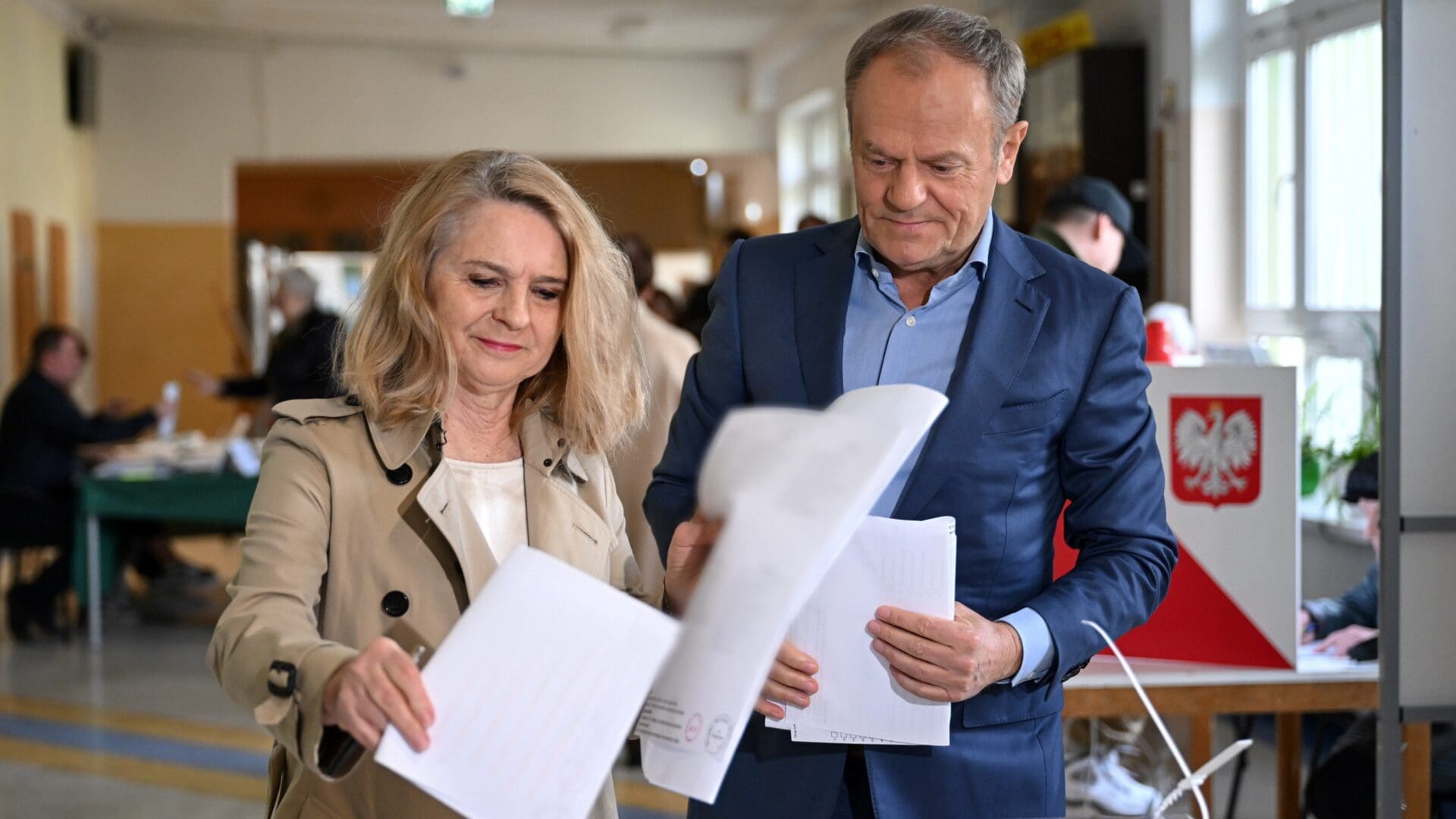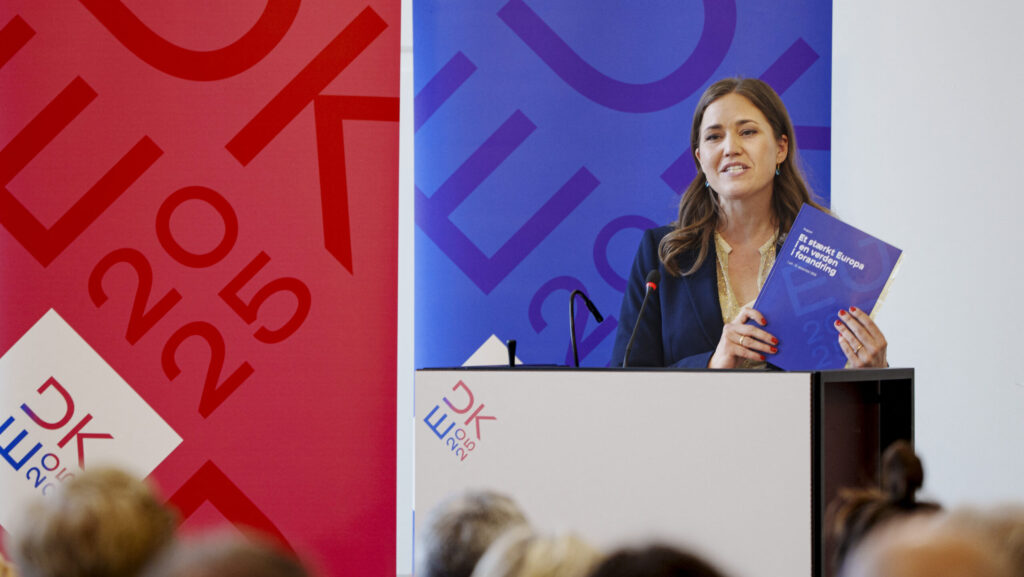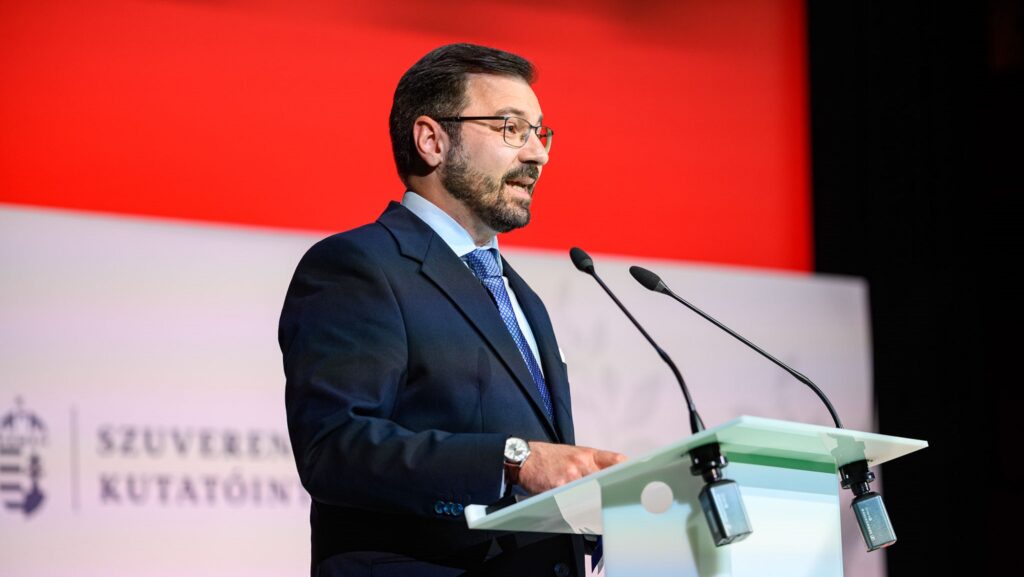How can we be as sure as possible in 2024 that a country is a democracy? Simple: just look at which party is in power. If you like the party: democracy. If not: well, it is not. Of course, this is an extremely subjective approach. Judgement is perhaps better left to the experts, who use notoriously sophisticated scales rather than their own or their clients’ preferences to decide in which countries democracy is threatened and which are still safe.
There are many countries around the world where there have been serious international concerns about the state of democracy in recent years. Poland is one of these. In this Eastern European country, the conservative Law and Justice (Prawo i Sprawiedliwość—PiS) party held power between 2015 and 2023, a period that many consider to be one of unprecedentedly serious democratic backsliding.
However, PiS was finally voted out of power in 2023 and replaced by an ideologically heterogeneous coalition led by former prime minister Donald Tusk. The new Polish government includes right-wing, centrist and progressive liberal forces, making it a juggling act to govern in itself—and there is also the PiS-appointed president, Andrzej Duda, who initially refused to give Tusk a mandate to form a government, foreshadowing that the cohabitation will not be smooth at all in the next year and a half of Duda’s mandate.
All the more so because the priorities of the new government essentially coincided with those of the old one on only one point: the Tusk government is also committed to continuing to fund the Ukrainian war effort, which is hardly surprising given traditional Polish Russophobia. The coalition’s other major objective, namely to obtain EU funds to which Poland would otherwise be entitled but which have been withheld because of the PiS government, would require the withdrawal of a series of divisive measures that were key to the previous government’s policies, and would almost certainly lead to conflicts with the president.
The Tusk government did not wait long: almost immediately after its formation in December last year, it took control of the public media, which had been run by pro-PiS leaders (a process that Politico and others have branded a ‘revolution’, but given that the series of measures were at least legally questionable, we might stick with the term ‘power grab’). The swift and theatrical action, which included the temporary occupation of the headquarters of the public broadcaster by riot police, has provoked a strong international response—and in some quarters even concern about the state of Polish democracy—and is considered a major success for the Tusk government, as the removal of PiS loyalists has ensured that
public media can provide ‘balanced’ coverage of Polish politics ahead of the EP elections.
The revolutionary fervour has not yet run out of the Tusk government. Shortly afterwards, the new Minister of Justice Adam Bodnar—who also studied at the former CEU in Budapest—replaced the head of the prosecutor’s office, but without the approval of President Duda, which would have been required under Polish law. The minister’s motives are, of course, self-evident, since the president would most likely not have agreed to replace an official appointed under PiS, who would hardly have been playing along in the Tusk government’s accountability (and perhaps purge) projects. The government’s position is that Bodnar did not seek the presidential amen because they believe that the appointment itself two years ago was illegal anyway.
It might seem that the new Polish government is often hampered in many ways by the existing legislation. However, for the time being, Duda’s presence is by far the toughest obstacle for the rainbow coalition: even Tusk has been forced to admit that they will have to wait until the president’s term expires to proceed with some reform ideas, because, despite their electoral victory,
they do not have the parliamentary majority to override a presidential veto.
This is also causing growing tensions within the governing coalition. Take for example one of the key election promises of the ‘anti-PiS A-team’, the abolition of the strict abortion law. Currently, in Poland, a pregnancy can only be legally terminated if it is the result of rape or incest, or if it would seriously endanger the woman’s life. This follows a court ruling in 2020 that sparked a huge wave of protests in Poland at the time. The consensus among the governing parties seems to have only gone so far as to say that abortion should be liberalised, but the ideas differ sharply: progressive parties naturally want more freedom than ever before for women seeking to terminate their pregnancies, while there are some in government who would cautiously prefer to put the issue to a referendum—which might avoid a nasty presidential veto, whatever the outcome.
Pressure is mounting on Tusk: if he really wants to make good on this key election promise, it is high time he started legislating, as pro-abortion voters expect the government to do—except that the multi-party government, given its ideological diversity, also has a large number of right-wing anti-abortion voters (hardly surprising given the voting habits of some highly religious social cohorts) whom it would be unwise to upset ahead of this year’s local and EP elections. A fairly uncomfortable situation.
The importance of a good showing in the EP elections is difficult to overestimate for the Tusk government, which also has the settlement of EU relations—in practice, alignment with the Brussels mainstream—as a top priority. ‘Poland will be one of the leading members of the EU again,’ Adam Bodnar vowed to Politico.
The European Commission appears to have found the new government’s activity convincing, announcing at the end of February that up to €137 billion of EU money will be paid to Poland thanks to the Tusk cabinet’s ‘decisive’ actions, in the words of Ursula von der Leyen. In practice, this means the start of the practical implementation of the judicial reforms the EU wants to see. Poland also currently has the prospect of having Article 7 proceedings against it suspended before the end of June, which, if timed right, could also give a big boost to the electoral prospects of the governing parties.
The unfreezing of funds is a turning point in the EU–Poland relationship—one that had become very strained in recent years—and of course a major political success for the new cabinet. But that is not the only reason why the decision is so instructive: the damage to the rule of law in Poland, which was so widely reported on in the European press in recent years, appears to have been reversed in less than two months, to the extent that the European Commission was willing to waive the withholding of EU funds, which is undoubtedly a very effective tool for blackmailing reluctant member states. Who is to say: perhaps the damage was not so great if it could be undone so quickly. Or maybe they were not repaired and the European Commission was only assessing the conciliatory nature of the new cabinet. Or there was no such damage at all, perhaps?
What is certain is that the European Commission was not overly concerned about either the takeover of the public media or the change of opinion at the head of the public prosecutor’s office—so it seems that, according to the experts in Brussels, democracy in Poland is no longer in danger following the elections. But Freedom House, which is funded by the US State Department and others, says it is: in its latest report, the notorious think-tank has downgraded Poland’s democracy rating by one percentage point compared to 2023. How will Donald Tusk ever recover from this?
The views expressed by our guest authors are theirs and do not necessarily represent the views of Hungarian Conservative.








